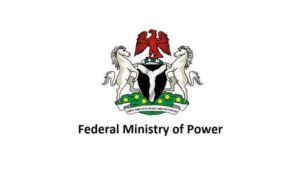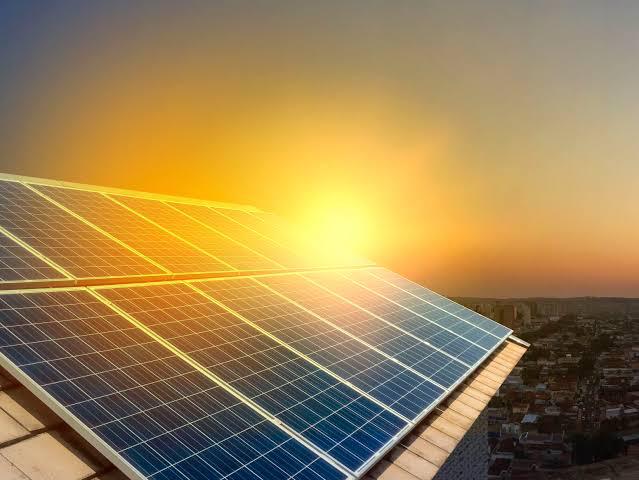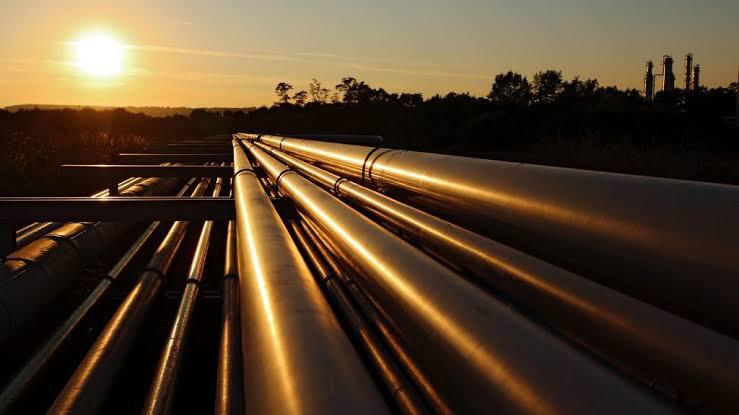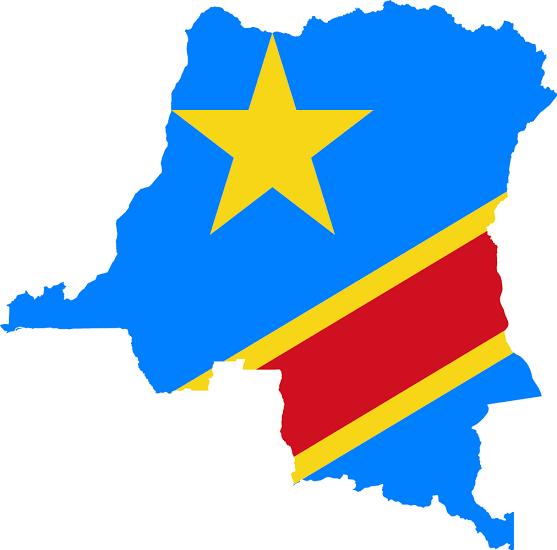 The Ministry of Power Nigeria is accepting bids for the construction of seven off-grid PV projects, along with other installations that will provide improved access to energy.
The Ministry of Power Nigeria is accepting bids for the construction of seven off-grid PV projects, along with other installations that will provide improved access to energy.
Despite the country’s huge potential, according to the latest data from the International Renewable Energy Agency (IREA), Nigeria has only 28 megawatts of installed solar energy at the end of 2019.
The Ministry has launched a tender for the construction of several off-grid solar systems and other electrical infrastructure projects to improve energy access in lacking areas.
In March 2020, the African Development Bank (AfDB) announced its plans to invest $200 million to expand the country’s power sector, thereby improving electricity access. The Bank is to provide the funds through Nigeria’s Rural Electrification Agency.
The ministry listed five solar projects in the “Works” category:
- Construction of off-grid/on-grid renewable energy (solar) micro utility in Umuchiaka, Lowa Autonomous Community in Ihite, Uboma LGA, Imo State
- Construction of off-grid/on-grid renewable energy (solar) micro utility/Tella village or Bantage village in Wukari lga Taraba state
- Construction of off-grid/on-grid renewable energy (solar) micro utility in Bayelsa state
- Supply of 40 kw solar minigrid in Benue state
- Provision and installation of solar hybrid minigrid supply in Benue state
The ministry listed three more projects in the “Concession of mini-grid solar plants” category:
- 40 kWp solar PV minigrid network in Gnami, Kaduna state
- 50 kWp solar PV minigrid network in Pakau, Kaduna state
- 60 kWp Torankawa solar PV interconnected minigrid, Sokoto state
The summary of the Nigerian Electricity Supply Statistics as at 22nd August 2020 is 92, 273 MWh/Day (Generated) and 109,560 MWh/Day (Lost to constraints). The objective of the REA is to achieve 60% rural electrification by 2020 and to connect 1.1 million rural households yearly from 2015 through to 2020.



